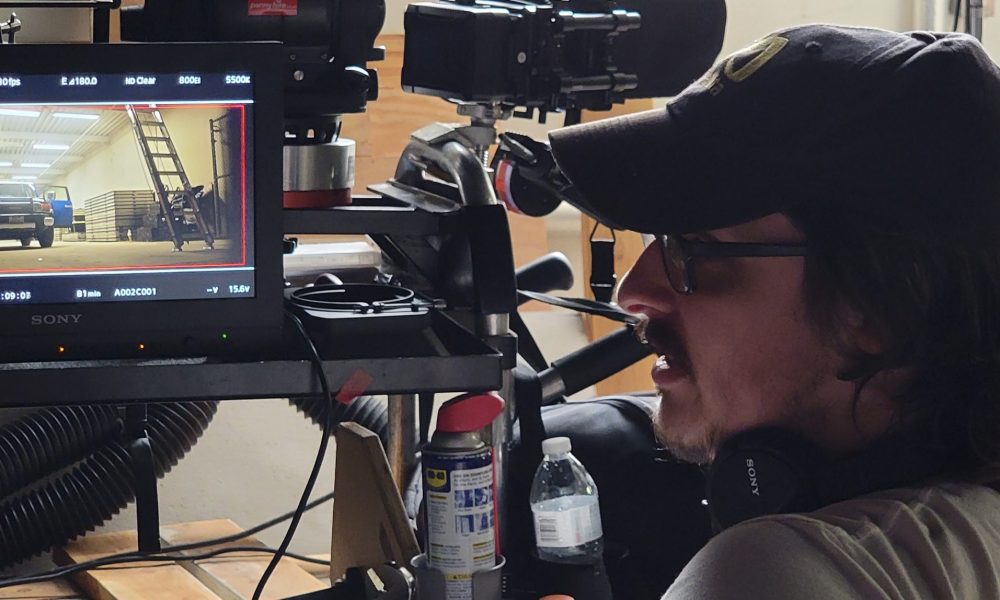

Today we’d like to introduce you to RJ Maurer.
RJ, we appreciate you taking the time to share your story with us today. Where does your story begin?
My story begins as a child of an Air Force father, moving around a lot but spent a big portion of my youth growing up between Riverside and Los Angeles. I’ve been interested in storytelling since I was very young and originally used to say that I wanted to be a writer. As I grew older, watching movies in a cinema setting became more important to me and influenced me more and more. My father being a broadcaster and storyteller himself, he made a lot of home videos with old cameras as well as stop motion films with action figures. Growing up watching these videos and seeing commercials and broadcasts that my father had done grew my interest in the visual arts. Eventually, I got to shoot on his old cameras and eventually, he gave me a 8mm Sony.
For the longest time, I didn’t even understand what editing was so eventually when I was shooting to tapes, I would edit linearly while shooting. So if I didn’t like a take, I’d just rewind and record over it. Then I would just transfer that tape to VHS and watch it. Of course, this is a terrible way to shoot and I made a lot of really awful films this way. Eventually, I was introduced to better editing systems in school and eventually at home with things like ‘iMovie’.
High school was different as I was starting to make actual films with plots and some semblance of a story. I met a lot of filmmaking friends that I still have to this day making those interesting films that live on a tape somewhere or on some dark long-forgotten URL.
After high school, I joined the Marine Corps as a Combat Cameraman. Combat Camera is/was a program in the Marines that had photographers and videographers shoot video and photos of military operations for the purpose of unit support and historical documentation. So I was able to travel and see a wide range of what the Marine Corps does beyond what people obviously know (such as Combat). I did a lot of photography and video shooting of Humanitarian Relief efforts and developed an understanding of docu-style filmmaking as well as photojournalism. These experiences have definitely influenced my vision and style when I shoot or create stories.
After leaving the Marine Corps, I continued shooting as a freelancer and a filmmaker. I went to school at Full Sail University and got me BS in Digital Cinematography. My education there was very useful in honing my raw skills from the military and my guerrilla shooting methods from growing up.
During school I was able to direct my first feature, ‘Haven’, a post-apocalyptic film that harkens back to the 70-80s Italian post-apocalyptic films. The film won ‘Best No-Budget Feature’ at a festival that found the film and asked for its submission, so we were pretty proud of that fact. Making that film was a film school in itself, most of the lessons learned the hard way – but it also formed some extremely important friendships that I cherish to this day like those with fellow filmmakers Toran Farrow and Radomir Jordanovic. Additionally, the lead actor, Darren Lee Cupp, has become a lifelong friend and we plan on working together again in the future.
My first gigs that I started getting that paid any decent wages were Camera Utility work for ESPN. I did quite a few college football games and worked my way up to Skilled Utility positions. Later on, I started working as an Assistant Camera and I got to work on some great stuff doing docu-style reality shows for places like ID, HLN, etc. When I started operating and working as a DP, I did lots of corporate, commercial and narrative short/feature work.
All this time I continued to work on my own films and released films like ‘Sleep Paralysis’ which did a very limited festival run and did fairly well, even winning ‘Best Horror’, ‘Best Experimental’ and ‘Special Mention’. That film was basically just an experiment in putting the viewer in the experience of what it was like to go through sleep paralysis, a condition which I have had much experience with.
I participate in the 48-Hour Film Project and my most recent projects for those have been Pollination (2021) and Monomania (2022). Pollination had great reactions and had some great talent working with us including Tay Zonday and Emile Rappaport (who joined us again for Monomania).
More recently I have been working on a lot of projects with a company called Ceek VR. They have a great product for anyone interested in VR content but it has allowed to work on projects, music videos, performances and music narratives for artists such as Demi Lovato, Stephen Marley, Ziggy Marley, Dwayne Wade, Sarkodie, Daddy Yankee, AJ Mckee, and DJ Kryoman to name a few. So working with them has been a true pleasure and it’s taken me all over the world again and I’ve gotten to see the sights of Dubai fairly recently which is a truly breathtaking city.
I do have some things coming down the pipeline including a feature I cannot currently discuss but more importantly a Pilot I have been working on called ‘DarkEx’. Which follows a hacker who moonlights as a delivery driver for an app on the Dark Web, who gets more than he bargains for after accepting his latest package for an increased pay rate. A trailer will be dropping soon for it, we are finishing up in post-production and will be looking to introduce it to world and find a place for the series to live. It stars a good friend and co-creative, Dave Jia.
Can you talk to us a bit about the challenges and lessons you’ve learned along the way. Looking back would you say it’s been easy or smooth in retrospect?
It definitely has not been a smooth road. I have faced a lot of struggles along the way, a lot of them are related to me exploring and learning myself as a filmmaker. As you learn, sometimes you have to make mistakes and learn the had way. Filmmaking challenges like the importance of a 1st Assistant Director, really good locations, and a production designer that can make you look good. These are things that early or young filmmakers may overlook, but it can be a hard lesson to learn the importance of these people and positions in your films.
I could go on about money troubles, but I don’t think there are many filmmaker stories in existence that don’t have a problem finding funding or paying for their lives, which arguably is a very large challenge in a place like LA.
Another set of large challenges stem from being a veteran. There are a lot of things about transitioning from an active duty life to a civilian that even someone who is well prepared can have trouble with. And like other Veterans, sometimes the hardest thing is reaching out for help – which a tough lesson to learn the hard way.
Early on, I also learned the hard lesson of contracts and having agreements in some type of writing. I was working on a commercial for a client and was going to direct it, I typed up this really elaborate idea and included the use of a drone flying through the place of business – only to find out the business owner took our idea and went to someone else and had it done (in a much cheaper and inferior way, might I add). But again, lesson learned.
Thanks for sharing that. So, maybe next you can tell us a bit more about your work?
I am primarily a Director and Cinematographer. I guess I am best known for my films and my cinematography. I tend to favor making films that are Thriller, Horror and/or Sci-Fi adjacent. I got to say that I am most proud of the work me and my friends have done on our pilot ‘Dark Ex’. We have poured our hearts and souls into this project and we think we have something very special that will set us apart from others.
Let’s talk about our city – what do you love? What do you not love?
I love Los Angeles. It’s a great city with great food. The food trucks and variety of things you can eat with a walk or a short drive is absolutely astounding. I love the diversity in the city and how you can get great ramen and feel like you are in a small piece of Japan, then go great a great Thai dish in Thai town, get some Kwek Kwek in Filipinotown, and then some parts of LA can remind you of Mexico. Combine that with the history of filmmaking here, like being able to go see the house on “Elm St.” or the Haddonfield house from Halloween, or a number of other filming locations. Or how you can be on a set on Paramount and be shooting an entire street that looks like New York – but here in LA, with perfect weather. What’s not to love? Additionally, I grew up in SoCal, so there is a certain nostalgia to a lot of places and things here within the city.
Things not to like? Pretty much most of it revolves around the governing. Things like aggressive ticketing, lack of action on social issues that affect the city as a whole (like homelessness), strange city ordinance codes that restrict the amount of public restrooms. Just these little things, that as a resident you can’t help but feel there are solutions within reach, but that’s for someone above my pay grade to fix.
Contact Info:
- Instagram: @rjmaurer
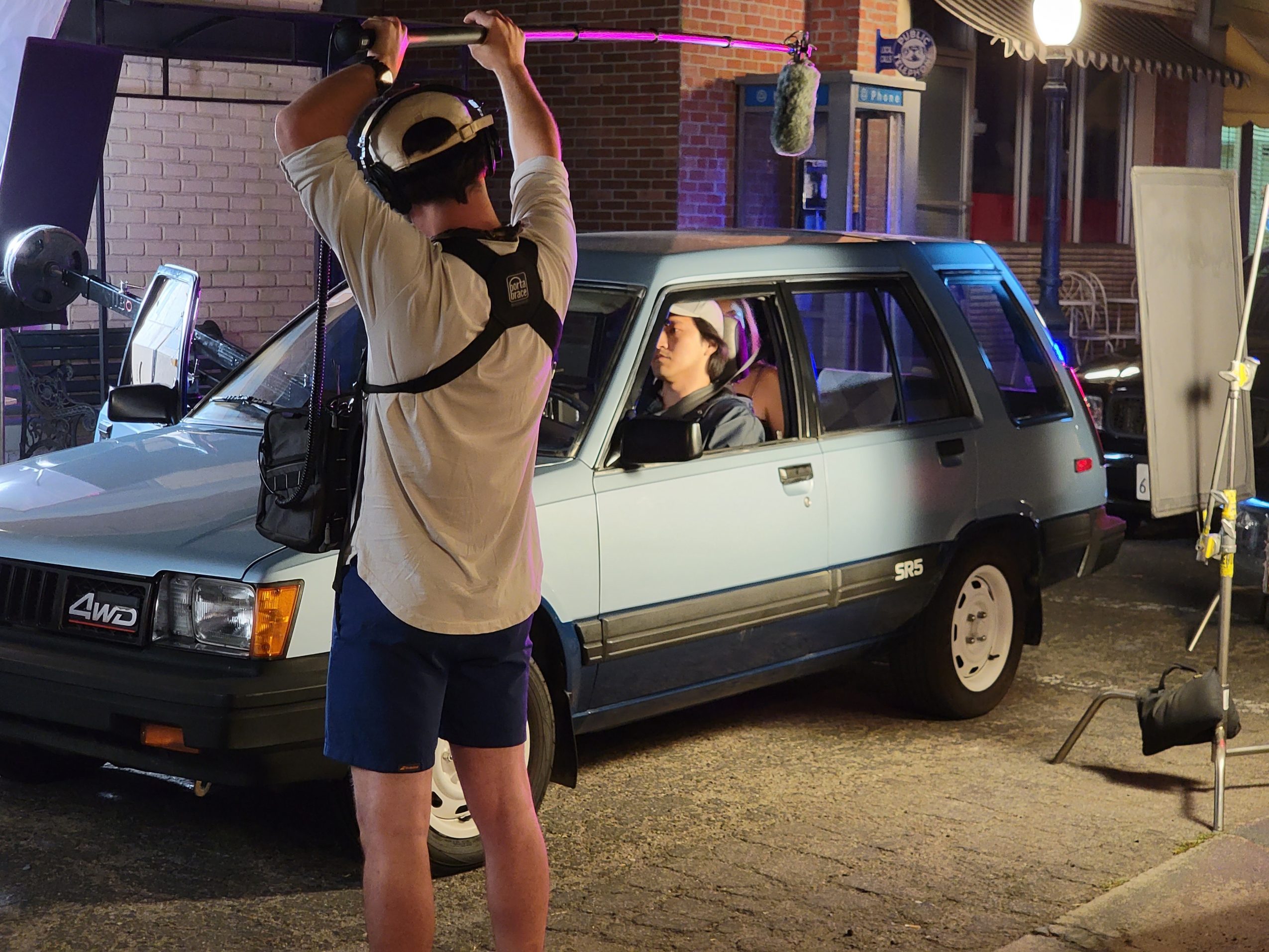
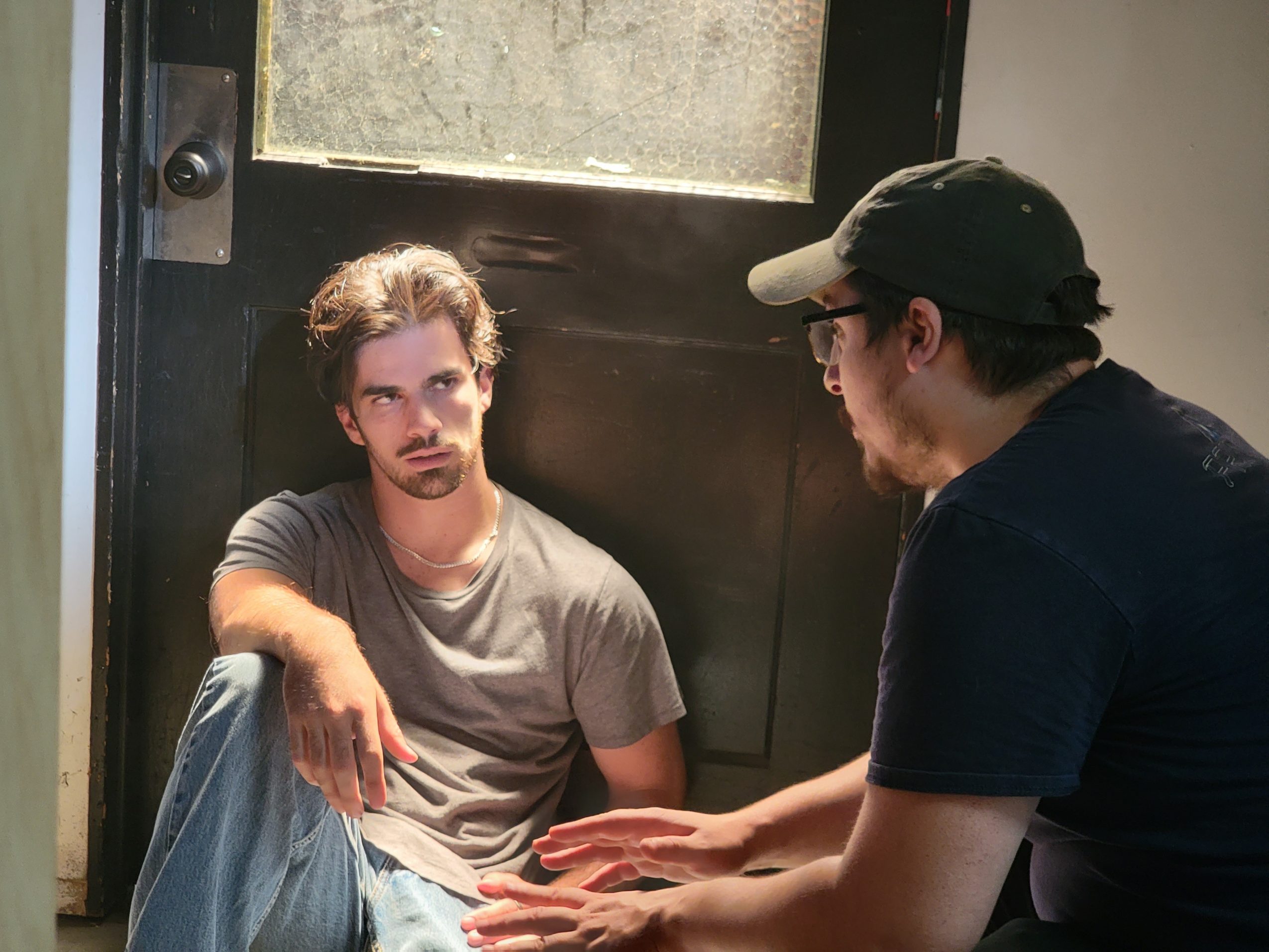
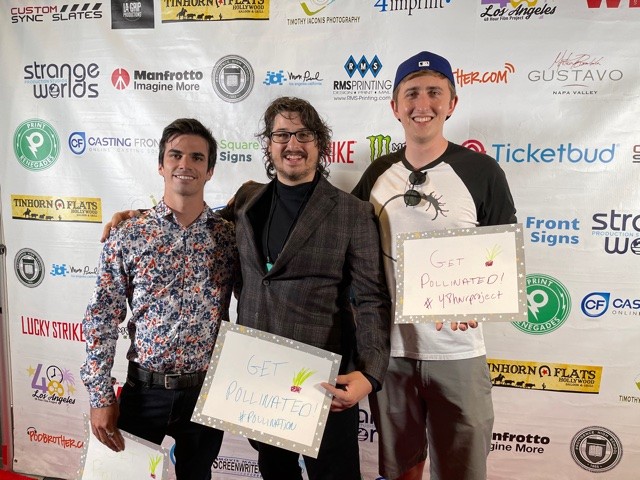
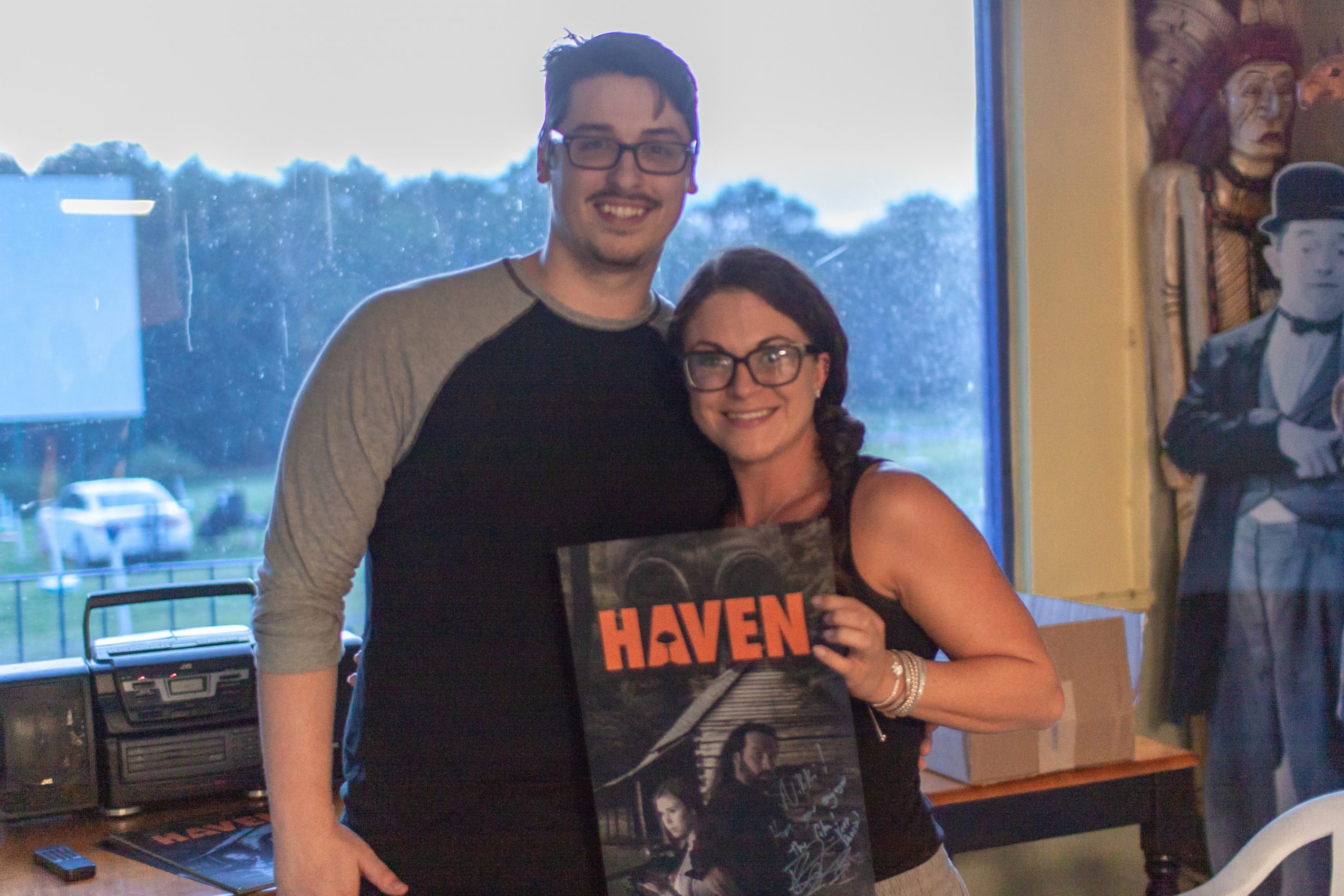
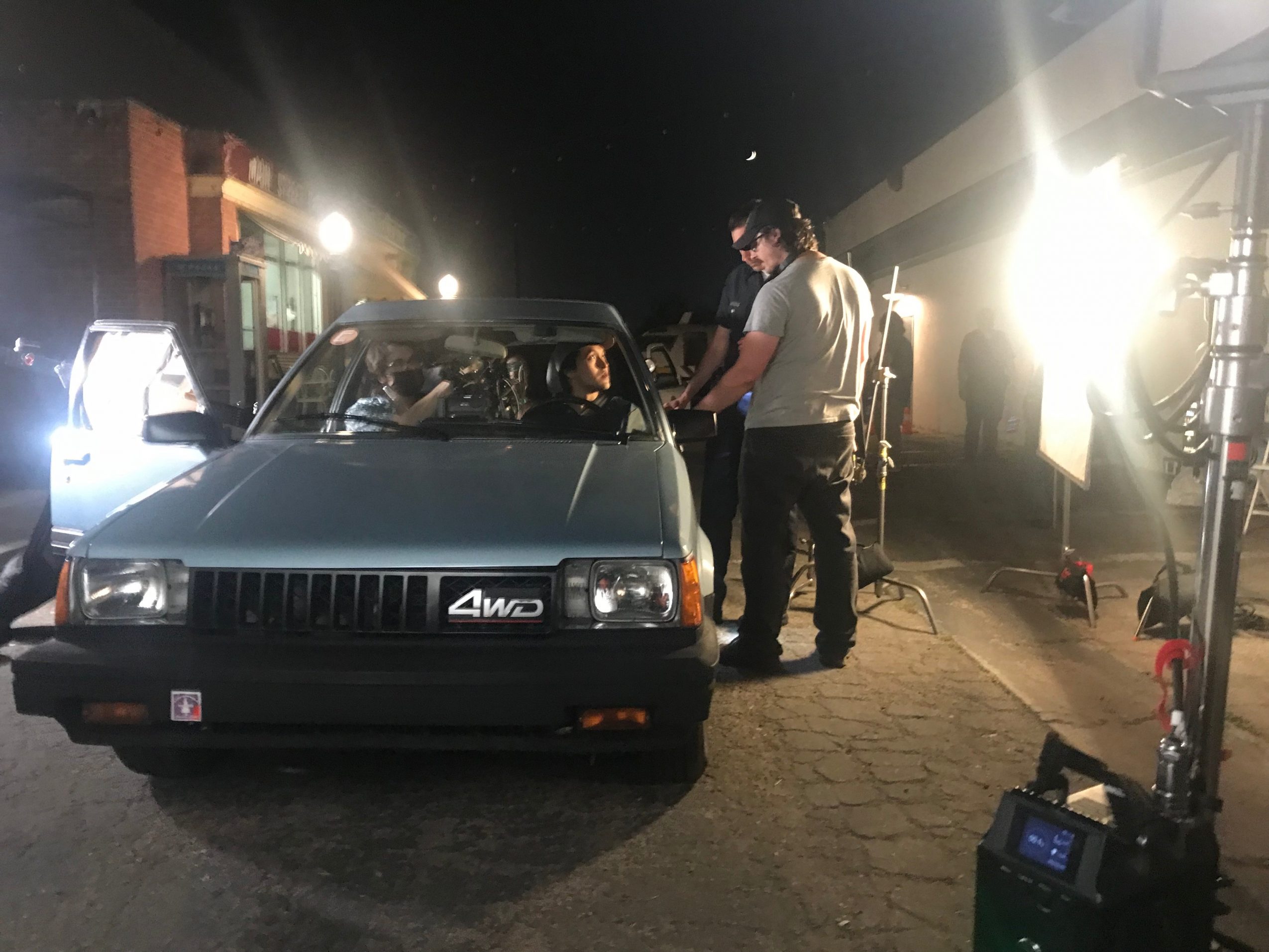
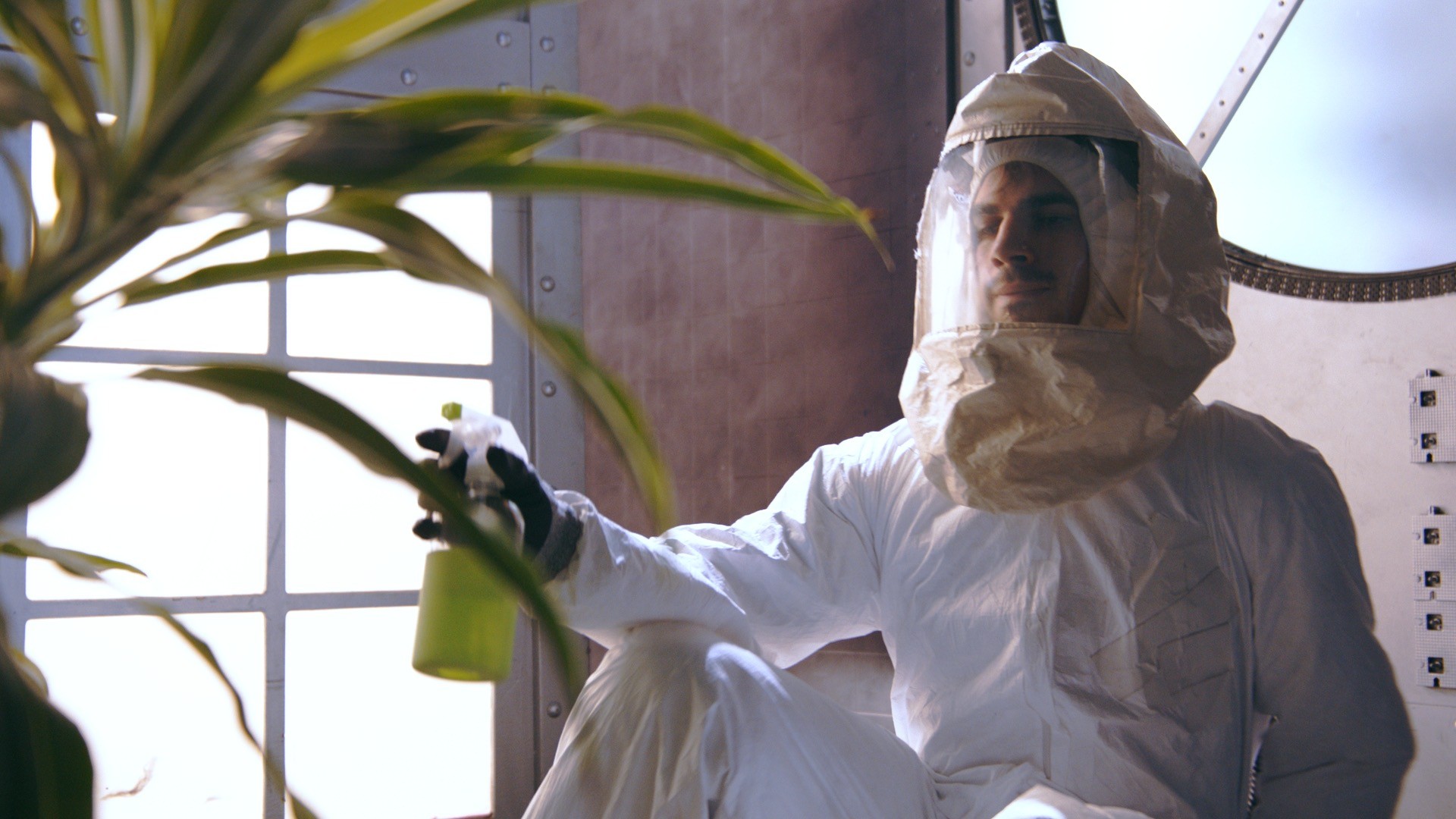
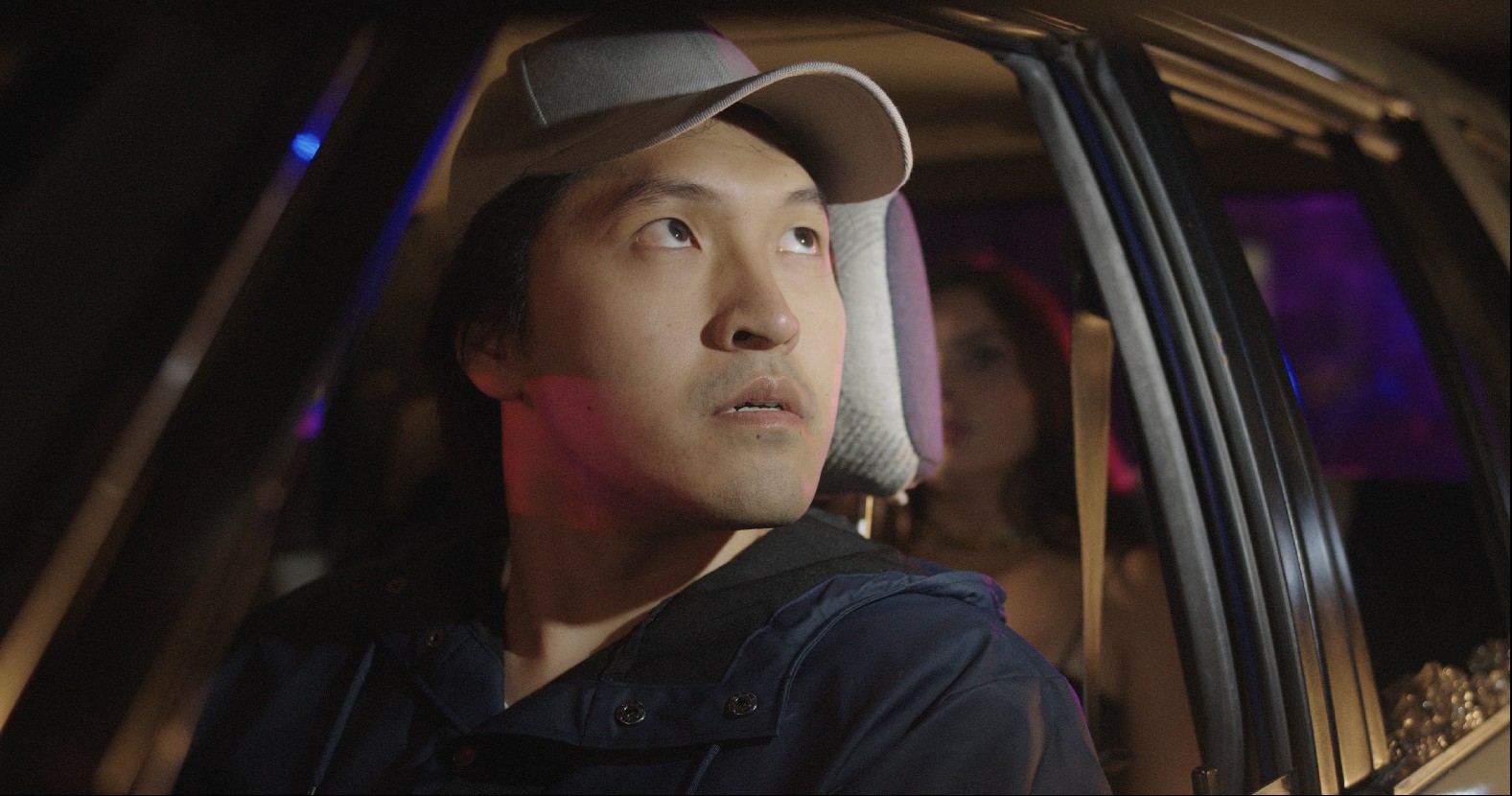
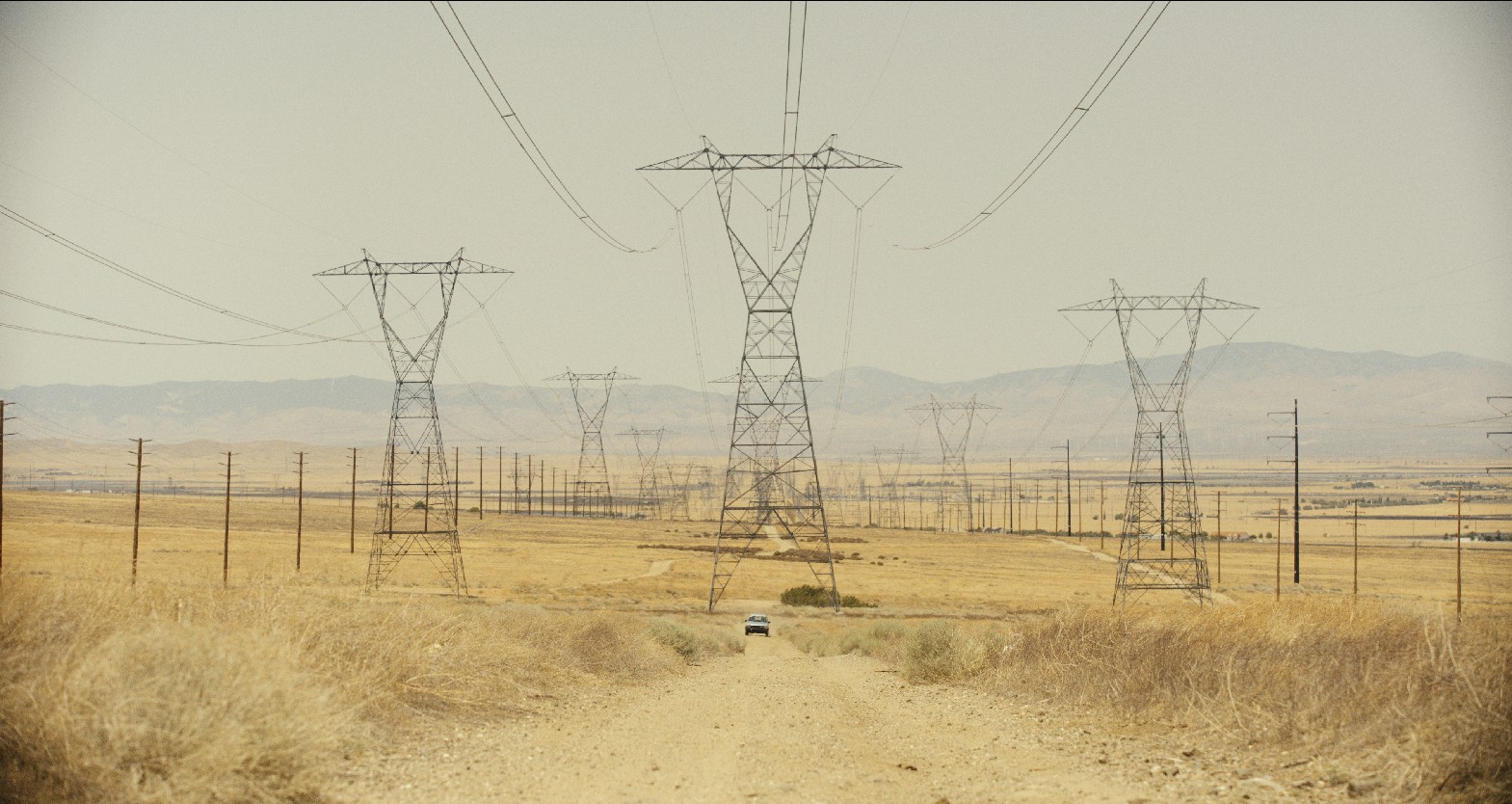 Image Credits
Image Credits
Radomir Jordanovic, Toran Farrow











